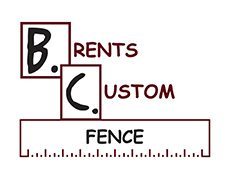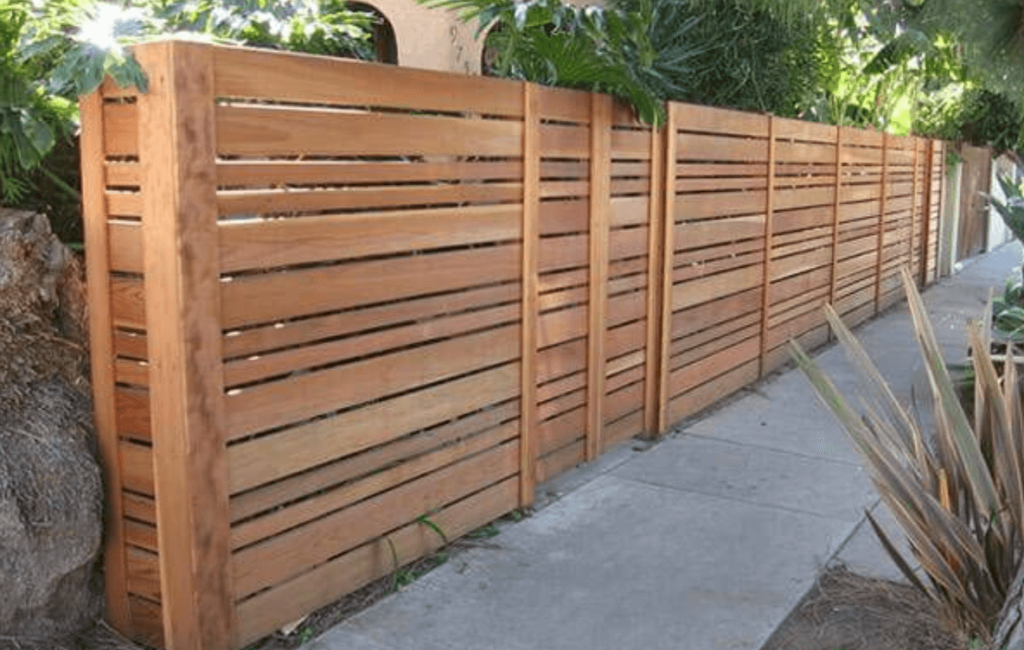Choosing the right residential fence involves more than just picking a style—it’s about striking a perfect balance between privacy, aesthetics, and functionality with quality fence products. Whether you’re looking to shield your yard from prying eyes, enhance your home’s curb appeal, or achieve both, understanding the various purposes of residential fencing will help you make an informed decision. In this comprehensive guide, we’ll delve into the different types of residential fencing options, their benefits, and how to choose the right one for your needs.
Residential fencing serves a multitude of purposes, each contributing to the functionality and aesthetics of a property. Whether you’re seeking to enhance privacy, improve security, or simply elevate your home’s curb appeal, the right fence can make all the difference. Understanding the different purposes of residential fencing is key to selecting the perfect type for your needs.
The Versatile Benefits of Residential Fencing
Residential fences are not merely boundary markers; they play diverse roles that can impact the overall experience of your home. Let’s delve into some of the primary purposes of residential fencing and how they cater to different needs.
Privacy
One of the most common reasons for installing a residential privacy fence is to create a private sanctuary. A privacy fence is designed to block the view from outside, ensuring that your outdoor activities remain unseen by neighbors and passersby. This type of fence is typically taller and constructed from solid materials like wood, vinyl, or composite materials.
Materials and Design:
- Wood Fences: Traditional wood fences, such as stockade or board-on-board styles, provide excellent privacy and can be customized with different stains or paints to match your home’s exterior.
- Vinyl Fences: Vinyl fences offer a maintenance-free alternative to wood and are available in various heights and styles. Their solid panels ensure privacy and durability.
- Composite Fences: Made from a blend of wood fibers and plastic, composite fences mimic the appearance of wood while offering enhanced durability and resistance to weather elements.
When selecting a residential privacy fence, consider the height and material to ensure it meets your privacy needs while complementing your home’s aesthetic.
Security
Security is another critical purpose of residential fencing. A well-designed security fence acts as a deterrent to unauthorized access and helps keep your property and loved ones safe. Security fences, such as those made from residential grade aluminum, are usually taller, with features like spikes, sharp edges, or barbed wire, depending on the level of security required.
Materials and Design:
- Chain Link Fences: Chain link fences are a popular choice for security due to their affordability and strength, but consider upgrading to a residential grade aluminum fence for added durability. They can be enhanced with additional security features like barbed wire or electric fencing.
- Wrought Iron Fences: Known for their durability and classic look, wrought iron fences provide a high level of security and can be customized with decorative elements.
- Steel Fences: For a modern and robust security solution, steel fences offer strength and resistance to tampering. They are often used in combination with other security measures, such as surveillance cameras or motion sensors.
When installing a security fence, consider the height, material, and any additional security features to ensure it effectively protects your property.
Safety
Safety is a crucial consideration, especially if you have young children or pets. Fences can prevent children and pets from wandering out of your yard and keep unwanted animals out. Safety fences are typically designed with secure, closely spaced pickets or mesh to ensure there are no gaps through which children or pets could slip.
Materials and Design:
- Wood Picket Fences: Classic and functional, wood picket fences provide a safe enclosure for children and pets while offering a charming aesthetic.
- Vinyl Fences: Vinyl fences with closely spaced pickets or solid panels offer safety and require minimal maintenance. They are an excellent choice for families with children or pets, especially when combined with a pool fence for added safety.
- Metal Fences: Metal fences, such as aluminum or wrought iron, are durable and can be designed with safe spacing to prevent children or pets from getting through.
When choosing a safety fence, ensure the design and material are suitable for keeping children and pets secure while blending with your home’s style.
Aesthetics
Aesthetic appeal is a key factor in choosing a residential fence, as it can significantly impact your home’s curb appeal. Fencing can enhance the visual appeal of your property, add character, and complement the architectural style of your home.
Materials and Design:
- Wood Fences: Wood fences are highly customizable, allowing you to choose from various styles, stains, and finishes to match your home’s exterior.
- Vinyl Fences: Available in numerous colors and styles, vinyl fences can be designed to mimic the look of traditional wood or stand out with modern finishes.
- Decorative Metal Fences: Wrought iron or aluminum fences can be customized with intricate designs and decorative elements to add elegance and sophistication to your property.
When selecting an aesthetic fence, consider how it will enhance your home’s overall appearance and coordinate with your landscape design, potentially opting for ornamental styles.
Boundary Marking
Fences also serve the practical purpose of marking property boundaries. Clear boundary markers help define the edges of your property and prevent disputes with neighbors. While boundary marking may not be the primary purpose of your fence, it is an important consideration when planning your fence installation.
Materials and Design:
- Chain Link Fences: Ideal for boundary marking, chain link fences are affordable and effective in clearly defining property lines.
- Wood or Vinyl Fences: For a more decorative boundary marker, wood or vinyl fences provide clear delineation while enhancing the appearance of your property.
When choosing a fence for boundary marking, consider how it will visually fit with your property and serve its practical function.
How to Select the Perfect Fence for Your Home
Selecting the right fence involves considering multiple factors, including purpose, material, design, and budget. Here are some tips to help you make an informed decision:
- Define Your Needs: Identify the primary purpose of your fence, whether it’s for privacy, security, safety, aesthetics, or boundary marking. Understanding your needs will guide your material and design choices.
- Consider Material Durability: Evaluate the durability and maintenance requirements of different materials. Wood may require regular staining or painting, while vinyl and metal fences offer low-maintenance options.
- Budget: Determine your budget and explore residential fencing options within that range, including 3’, 4’, 5’, and 6’ tall fences to suit your needs. Remember to factor in installation costs, as they can vary depending on the material and complexity of the design.
- Design and Aesthetics: Choose a design that complements your home’s style and enhances its curb appeal. Consider how the fence will blend with your landscape and architecture.
- Local Regulations: Check local zoning laws and regulations regarding fence height, materials, and placement. Compliance with these regulations will ensure a smooth installation process.
Conclusion
Residential fencing serves a variety of purposes, from enhancing privacy and security to providing safety and aesthetic appeal. By understanding the different functions of residential fencing and considering your specific needs, you can select the perfect fence to enhance your property’s functionality and beauty. Whether you prioritize privacy, security, safety, or aesthetics, the right fence can transform your outdoor space and add value to your home.
For further insights and expert advice on choosing the right fence for your property, consider consulting a fence company like B.C., which offers a range of residential fence products. A professional can guide you through the selection process and ensure a successful installation.
FAQs
What are the primary purposes of residential fencing?
Residential fencing serves several key purposes, including providing privacy, enhancing security, defining property boundaries, increasing property value, and improving aesthetic appeal. Different types of fences can address one or more of these functions based on homeowners’ needs.
How does fencing contribute to outdoor aesthetics?
Fencing can enhance the visual appeal of a property by complementing its landscaping and architecture. Decorative fences, such as picket or wrought iron, can serve as design elements that elevate the overall look of the yard and home.
What types of fences are best for enhancing security?
For security purposes, taller fences made of materials like chain link, vinyl, or wrought iron are effective. These types can deter trespassers and keep unwanted visitors out, especially when combined with features like spikes or barbed wire.
How can I choose a fence that meets both privacy and aesthetic needs?
To find a fence that balances privacy and aesthetics, consider materials that offer both functionality and style. Options like wooden privacy fences with decorative tops or vinyl fences in various colors can enhance the look of your yard while providing seclusion.
Are there zoning laws that affect residential fencing?
Yes, many municipalities have zoning laws and regulations that dictate the height, type, and placement of fences. It’s essential to check with local authorities or homeowners’ associations to ensure compliance before installation.

